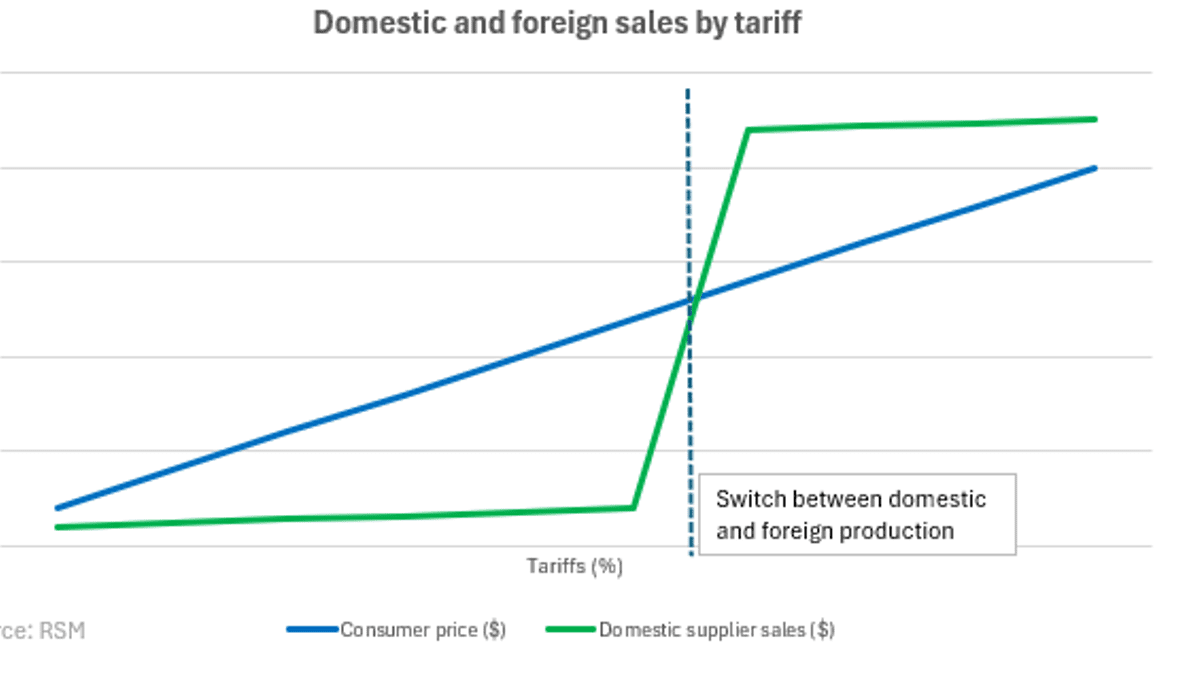
The Tax Cut and Jobs Act (“TCJA”) has left real estate investors scrambling to understand how these changes impact them. Fortunately, there are a couple key provisions of this tax reform that real estate investors can benefit from that can yield significant tax savings in 2018 and beyond.
For real estate held in a “pass through entity” which includes sole proprietorships, LLCs (including single member), partnerships, and S corporations, the tax act provides for a deduction equal to 20% of the net income from each rental property activity, subject to limits based on income thresholds. If you exceed the thresholds, the deduction is limited based on wages paid and the acquisition basis of qualified property. In addition, the tax rates at the various income tax brackets have also decreased for individual taxpayers. So assuming your real estate investment is held in a pass through entity, if you make the same income on your real estate investment in 2018 as you did in 2017, you could be paying less than 80% of the prior year tax on that income.
In addition, the TCJA provides for enhanced depreciation deductions. While prior tax law contained accelerated depreciation deductions for tangible personal property and improvements with tax lives that were less than 20 years, the new law has significantly increased and extended these deductions. The TCJA even allows enhanced depreciation deductions for used personal property, whereas these benefits have historically only been available for new assets. For real estate investors contemplating significant upgrades to furnishings, equipment, sidewalks and driveways, etc., these enhanced deductions can help to mitigate the cash outlay by lowering the taxable income generated from these properties.
One potential unfavorable change resulting from the TCJA for real estate investors is the limitation imposed on the deductibility of interest expense. The act limits interest expense to 30% of taxable income, however real property owners may elect to be exempted from the limits. In addition, this provision does not apply to businesses with less than $25,000,000 of annual gross receipts, therefore a significant number of real estate investors will not be negatively impacted from this new limitation.
If you have any specific questions about how the TCJA impacts you or your real estate investments or would like to schedule some time to meet with us regarding the above, please contact us.





